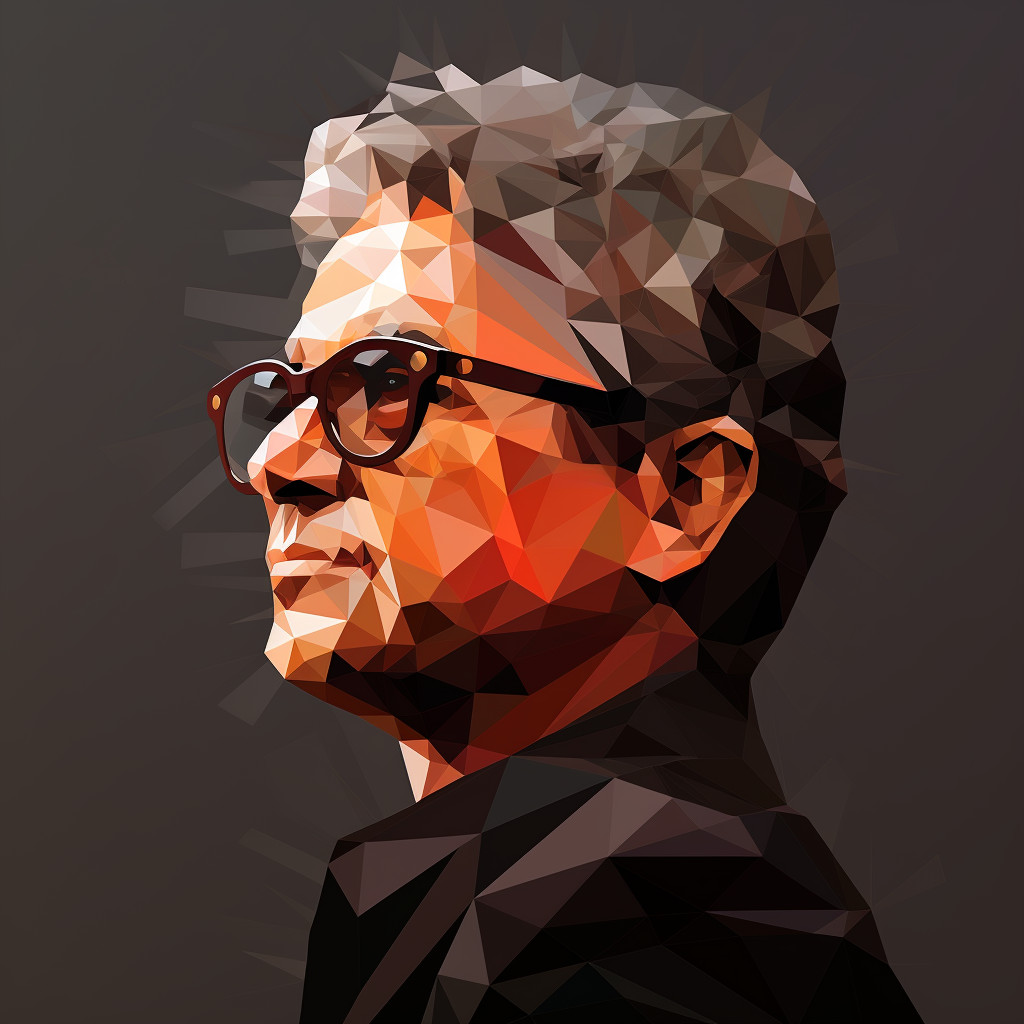This quote emphasizes the importance of emotional resilience as a defense mechanism against becoming inflexible or rigid in our thinking and behavior. Emotional resilience refers to our ability to adapt to stressful situations or crises with flexibility. It involves bouncing back from difficult experiences and not letting them define us. By freeing ourselves emotionally, we can let go of negative feelings, thoughts, and behaviors that hold us back and instead, foster positive ones that allow us to grow and evolve.
The concept of “growing rigid” could refer to becoming stuck in our ways, resistant to change, or unable to adapt to new situations. This rigidity can limit our potential for personal growth and prevent us from leading fulfilling lives. Emotional resilience, on the other hand, allows us to stay flexible and open-minded, capable of adapting to changes and challenges that come our way.
In today’s fast-paced world, which is constantly changing and presenting us with new challenges, emotional resilience is more important than ever. Whether we’re dealing with personal issues, work stress, or societal changes, being able to manage our emotions and adapt to change can help us navigate these challenges more effectively.
In terms of personal development, emotional resilience can be cultivated through various practices such as mindfulness, meditation, and cognitive behavioral techniques. These practices can help us become more aware of our emotions, understand why we react in certain ways, and learn to respond more effectively. They can also help us let go of negative thought patterns and behaviors, and replace them with more positive and adaptive ones.
Overall, the quote emphasizes the importance of emotional freedom and resilience in helping us stay flexible and adaptable in the face of life’s challenges. It suggests that by cultivating these qualities, we can protect ourselves from becoming rigid and stuck in our ways, and instead, continue to grow and evolve.








